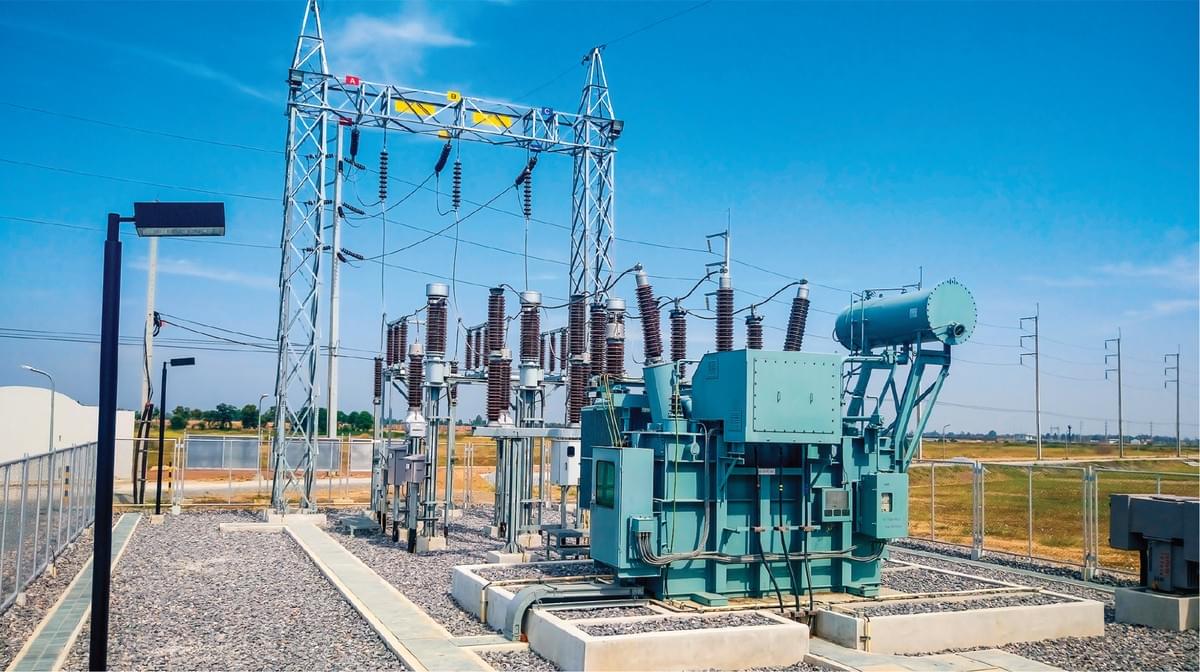Introduction
The power industry stands at a pivotal moment of transformation. As global demand for electricity continues to rise, so does the need for more efficient, sustainable, and reliable power infrastructure. Enter intelligent compact transformers—a groundbreaking technology that's reshaping how we think about electrical substations and power distribution.
These modern marvels provide significant practical advantages over their traditional counterparts. They consume less energy, dramatically reduce environmental impact, and eliminate many common safety hazards that have long been accepted as necessary risks in power distribution. Beyond their technical superiority, intelligent compact transformers align perfectly with national sustainable industrial development policies while delivering substantial economic benefits through reduced maintenance and operating costs.
Let's explore how these unassuming devices are making such an oversized impact on our power systems and why they represent the future of electrical infrastructure.

The Maintenance Revolution
Lower Equipment Maintenance Costs
Recent technological breakthroughs and manufacturing innovations have fundamentally changed the game for electrical equipment reliability. Today's intelligent compact transformers can operate with minimal intervention throughout their designed lifespan, rendering traditional scheduled maintenance approaches increasingly obsolete.
These smart transformers enable condition-based maintenance for both primary and secondary equipment—a paradigm shift from calendar-based servicing to need-based care. This intelligent approach:
- Reduces or eliminates routine inspections
- Decreases overall maintenance workload
- Significantly cuts maintenance costs
- Extends equipment lifespan
Perhaps most impressively, remote monitoring capabilities drastically reduce the need for maintenance personnel to travel to distant locations. This not only saves time and resources but also minimizes human interference with sensitive equipment, lowering the risk of errors during on-site maintenance activities.
The continuous monitoring these systems provide enables immediate response to any abnormalities, ensuring greater safety while providing substantial economic benefits over the long term.

Reliability Reimagined
Improved Power Supply Reliability and Stability
At the heart of intelligent compact transformers lies advanced electronic instrument technology that enables real-time detection and monitoring. These sophisticated systems deliver several crucial benefits:
- Superior measurement accuracy across varying conditions
- Wide dynamic range for versatile operation
- Strong resistance to electromagnetic interference
These capabilities allow the transformers to precisely identify and locate fault points within the power distribution network. When issues arise, the system can quickly contain accidents and minimize their impact, resulting in shorter power outages for end users.
For businesses and residential customers alike, this translates to dramatically improved power supply reliability—fewer interruptions, faster restorations, and enhanced overall stability of the electrical grid. The economic impact of reduced downtime alone represents a significant advantage over traditional substation technologies.
The Intelligence Advantage
Smart Features and Automation
Intelligent compact transformers are designed from the ground up for automated operation without human presence. By integrating microcomputer protection and sophisticated automation systems, these transformers can perform four essential remote functions:
- Measurement (telemetry) - Continuous monitoring of electrical parameters
- Status monitoring (remote signaling) - Real-time awareness of operational conditions
- Operation (remote control) - Ability to adjust settings from afar
- Parameter adjustment - Fine-tuning performance characteristics remotely
Each control unit operates independently, maintaining safety through reliable relay protection while offering advanced capabilities such as:
- Remote configuration of protection settings
- Real-time monitoring of operational parameters
- Automatic regulation of temperature and humidity within the transformer enclosure
- Remote smoke detection for enhanced safety
During normal operation, these smart transformers automatically manage power factor correction by switching capacitors and regulate voltage by adjusting transformer taps. All this happens based on pre-programmed voltage and reactive power relationships, ensuring optimal performance without human intervention.

Space Efficiency
Small Footprint, Big Impact
The State Grid Corporation has established clear guidelines emphasizing the importance of optimizing designs to minimize land usage and reduce project costs. Intelligent compact transformers excel in this area, offering:
- Dramatically smaller footprint compared to traditional substations
- Higher level of prefabrication, reducing on-site construction time
- Lower overall investment requirements
- Enhanced standardization through modular design
Since their introduction to China, compact transformers have gained widespread adoption precisely because of these advantages. Current research continues to focus on improving the modularization and standardization of these designs, promising even greater space efficiency and cost-effectiveness in the future.
In dense urban environments where real estate comes at a premium, the space-saving nature of intelligent compact transformers represents a significant economic and practical advantage.
The Bigger Picture
Industry Trends and Future Outlook
As global markets reform and digital economies expand, several factors are reshaping the power industry:
- Intensifying climate change concerns
- Increasingly stringent environmental regulations
- Evolving national energy policies emphasizing sustainability
These changes have strengthened connections between power grids, electricity markets, and customers. Today's consumers demand higher power quality standards that traditional power networks often struggle to deliver.
In response, countries worldwide are strategically developing smart grids to modernize their existing infrastructure. China has already launched ambitious smart grid construction initiatives, and the industry is witnessing rapid development of intelligent compact transformers that combine smart substation technology with compact transformer design.

Conclusion
The rapid advancement of electronic, computer, and network technologies is driving the widespread adoption of intelligent compact transformers across the global power landscape. These transformers provide significant benefits that extend far beyond their physical size:
- Enhanced safety for both utility workers and the general public
- Improved power quality and reliability for consumers
- Reduced operator workload through automation
- Seamless compatibility with modern distribution automation systems
- Lower environmental impact and energy consumption
- Reduced maintenance costs and longer operational lifespans
As we look toward a future of increasing energy demands and growing environmental concerns, intelligent compact transformers represent not just an incremental improvement but a fundamental rethinking of how we distribute and manage electrical power. Their combination of intelligence, efficiency, and compact design positions them as a cornerstone technology in the smart energy grids of tomorrow.
The revolution in power distribution is already underway, and intelligent compact transformers are leading the charge—proving that sometimes the biggest impacts come in surprisingly small packages.
About Nengfu Electrical
Nengfu Electrical specializes in providing efficient and reliable electrical system solutions and engineering services. The company seizes opportunities in the development of new power systems and drives digital transformation across the energy sector.
Based in Shanghai Songjiang Industrial Park, the company operates under the principle of "making products with heart" and has earned ISO 9001, ISO 14001, and ISO 45001 certifications.
The company's product lines cover design, engineering & production of diesel & gas generators, electrical cabinets, and EPC services, earning a reputation for excellent product performance and reliability.

